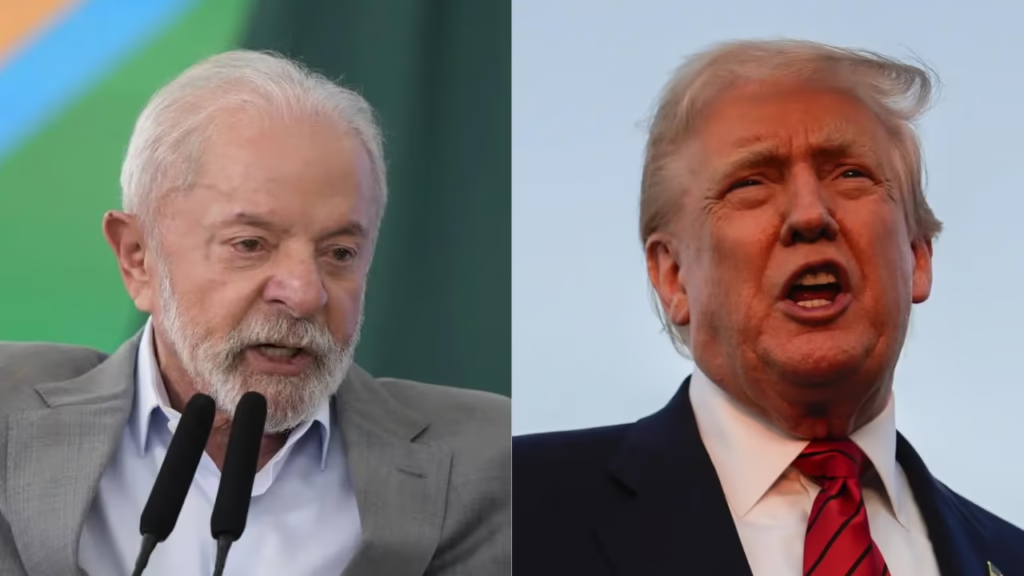Lula’s Stance on Communication with Trump
Brazilian President Lula da Silva has taken a firm stance by refusing to engage in direct communication with U.S. President Donald Trump. This decision comes amidst rising tensions between the two nations, primarily fueled by economic disagreements and diplomatic strains. Lula’s refusal to call Trump highlights the growing rift and underscores Brazil’s dissatisfaction with recent U.S. policies that have adversely affected Brazilian interests.
Impact of U.S. Tariffs on Brazilian Imports
The U.S. government’s imposition of a 50% tariff on Brazilian imports has been a significant point of contention. These tariffs have placed a substantial burden on Brazil’s economy, affecting various sectors reliant on exports to the United States. The Brazilian government views these tariffs as punitive and unjust, further complicating the already strained relations between the two countries.
Sanctions Against Brazilian Judiciary
In addition to the tariffs, the U.S. has sanctioned a Brazilian Supreme Court Justice, escalating the diplomatic conflict. The sanctions are perceived by Brazil as an infringement on its judicial independence and sovereignty. The Brazilian government has strongly rejected U.S. claims of political persecution, asserting that its judiciary operates independently and without external influence.
Challenges in Diplomatic Resolution
Efforts to resolve these issues diplomatically have faced significant hurdles, with little progress made in Washington. The lack of communication between the leaders of Brazil and the United States has further complicated attempts to find common ground. As both nations stand firm in their positions, the path to reconciliation remains uncertain.
Broader Implications for International Relations
The ongoing dispute between Brazil and the United States has broader implications for international trade and diplomacy. It highlights the challenges countries face in navigating complex geopolitical landscapes while maintaining national interests. The outcome of this standoff could set a precedent for how similar conflicts are managed in the future.
